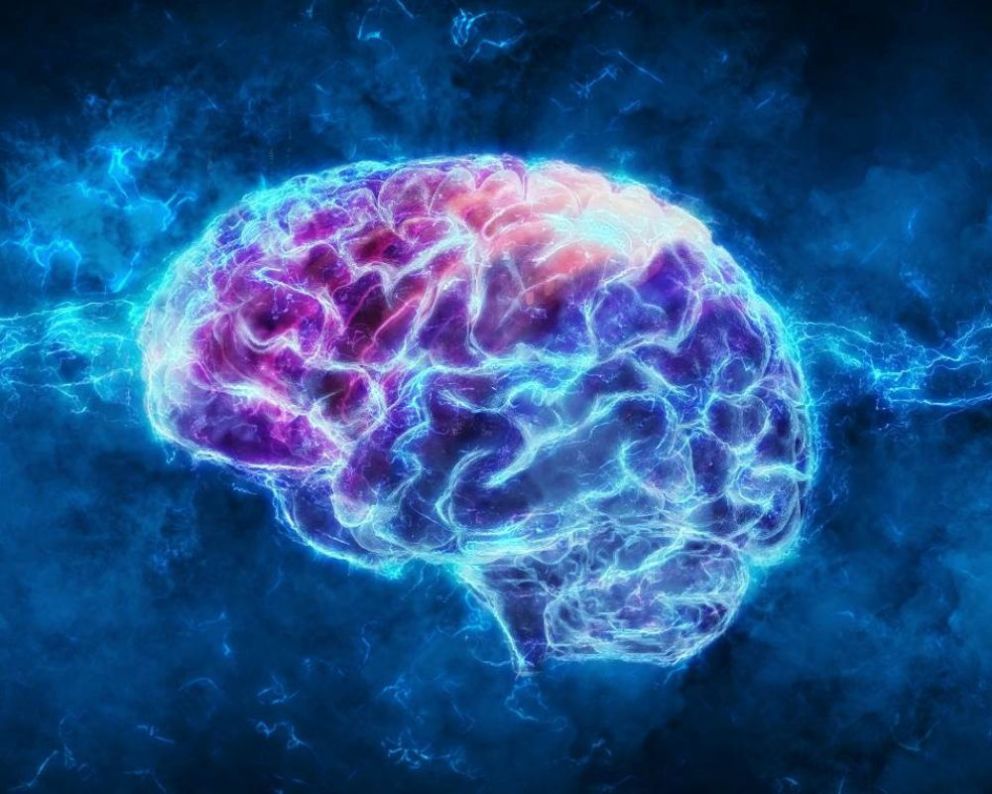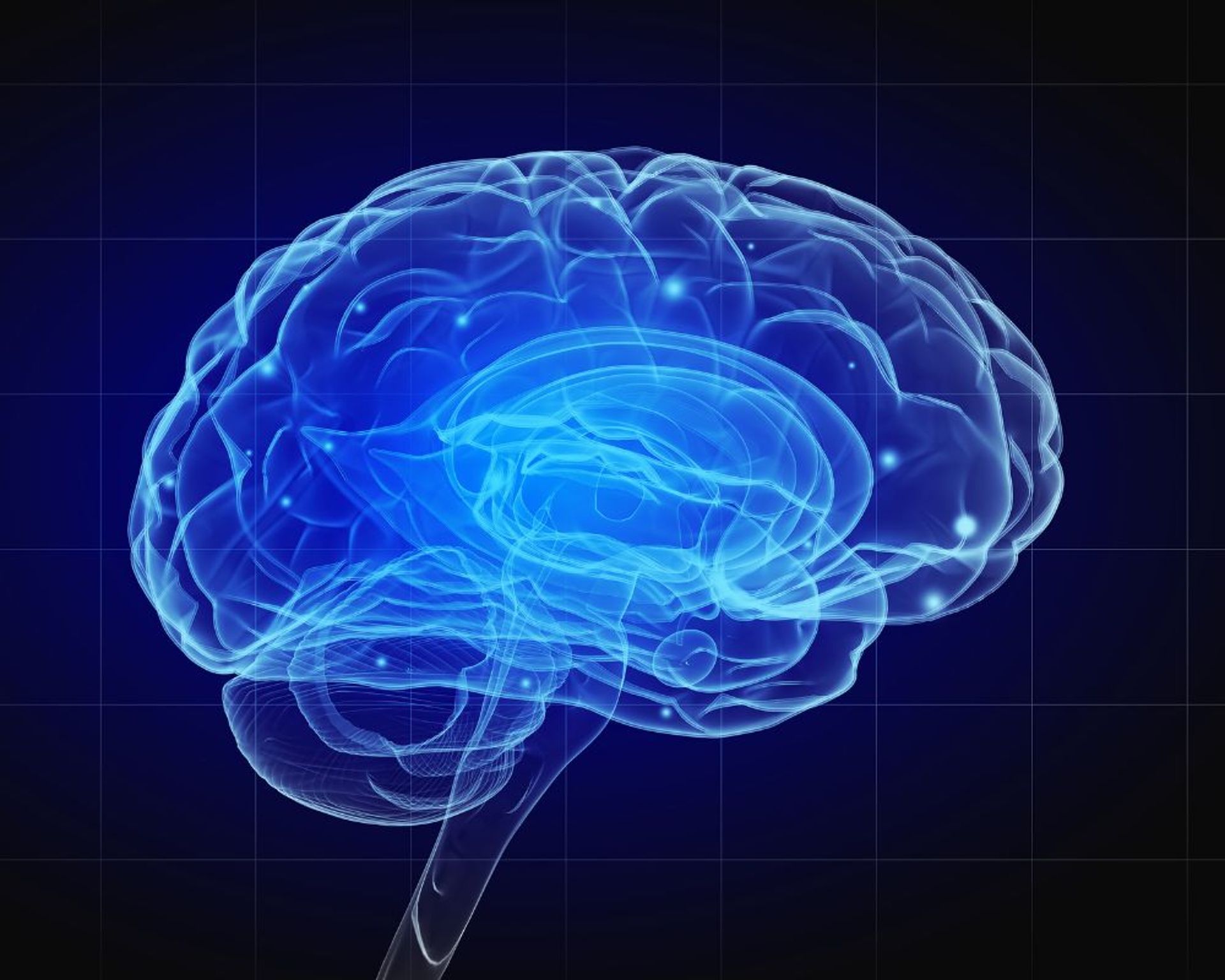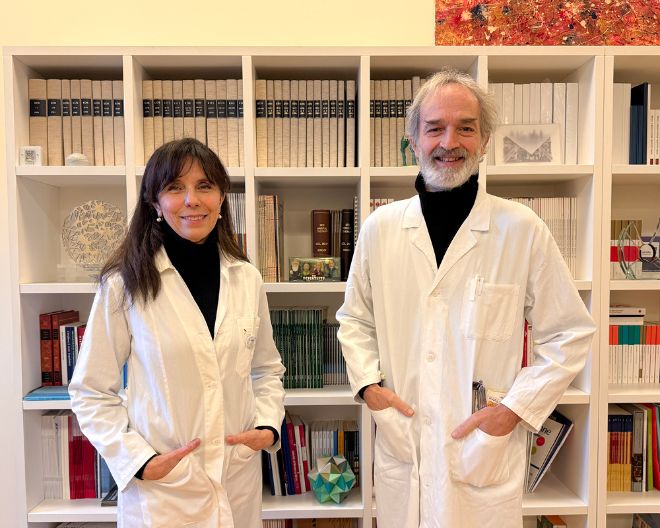Spoken language influences the manifestation and diagnosis of certain neurological diseases

A clinical study resulting from the collaboration between the researchers of the IRCCS San Raffaele Hospital in Milan and the University of San Francisco demonstrates for the first time how the spoken language - English or Italian - influences the manifestation and diagnosis of some neurological diseases that affect the language.
Spoken language can influence the way some neurological diseases that affect language manifest and consequently the ways in which they can be effectively diagnosed.
This is the result of a study derived from the collaboration between the group led by Massimo Filippi - full professor at the Vita-Salute San Raffaele University and head of Neurology and Neurophysiology at the IRCCS San Raffaele Hospital in Milan, where he also directs the Research Unit in Neuroimaging - and the Center of Memory and Aging of the University of California San Francisco. The study, published in the prestigious journal Neurology, focuses on primary progressive aphasia (APP), and compares English-speaking American patients with Italian patients. The results suggest for the first time that the diagnostic criteria for the condition - selected by studying English-speaking patients - may not be equally effective in recognizing patients who speak other languages.

What is primary progressive aphasia
Primary progressive aphasia is a language disorder characterized by an alteration of understanding or verbal production. It mainly results from a degeneration of the language centers in the cerebral cortex, in particular of the left front-temporal areas. Among the clinical manifestations of aphasia there is a variant, called non-fluent, characterized by a disorder of the expression of words.
Since it is a neurological syndrome with a complex manifestation, it is not always easy to identify correctly. The diagnosis of primary progressive aphasia is often long and difficult, supported both by instrumental and laboratory tests and by neuropsychological tests based on the patients' language skills.
The study
The subject of the study is precisely the diagnostic criteria of primary progressive aphasia. The choice of the two basic diagnostic criteria for non-fluent aphasia is in fact the result of research conducted on English-speaking patients. As we know, however, the intrinsic aspects of spoken languages can be very different from each other.
Explains Elisa Canu, first author of the study:
"Italian is a very complex language from a morpho-syntactic point of view but relatively simple as regards phonetics; conversely, English has more linear sentences but with evident pronunciation difficulties due to the presence of many consonants. Our hypothesis was that the difference between languages, not taken into consideration up to now, could create problems in the diagnosis of this type of pathology"
The patients recruited (38 patients with nonfluent variant primary progressive aphasia, of which 18 Italian and 20 native English speakers), having ascertained the correctness of the diagnosis, carried out the batteries of linguistic and neuropsychological tests for the diagnosis of primary progressive aphasia.

The result: language influences the manifestation of the disease
The result of the study shows that for the same brain damage in English and Italian patients, the symptoms are different according to the language they belong to: English patients mainly have pronunciation problems; while Italian patients struggle to construct complex sentences from a grammatical and syntactic point of view, but they have no phonetic problem.
"Regardless of the specific case of the APP, the study suggests more generally the relevance of linguistic differences in the assessment of patients with neurological speech disorders and therefore the need for greater attention and new research in this field. Many of today's diagnostic criteria, based on the symptoms of English-speaking patients, risk excluding a slice of patients"
concludes Professor Massimo Filippi.
You might be interested in

World Rare Disease Day: Research at UniSR Continues All Year Round

Multiple sclerosis, breakthrough in research: researchers have identified a molecule that promotes repair of the nervous system

The microbiome as an ally against myeloma

